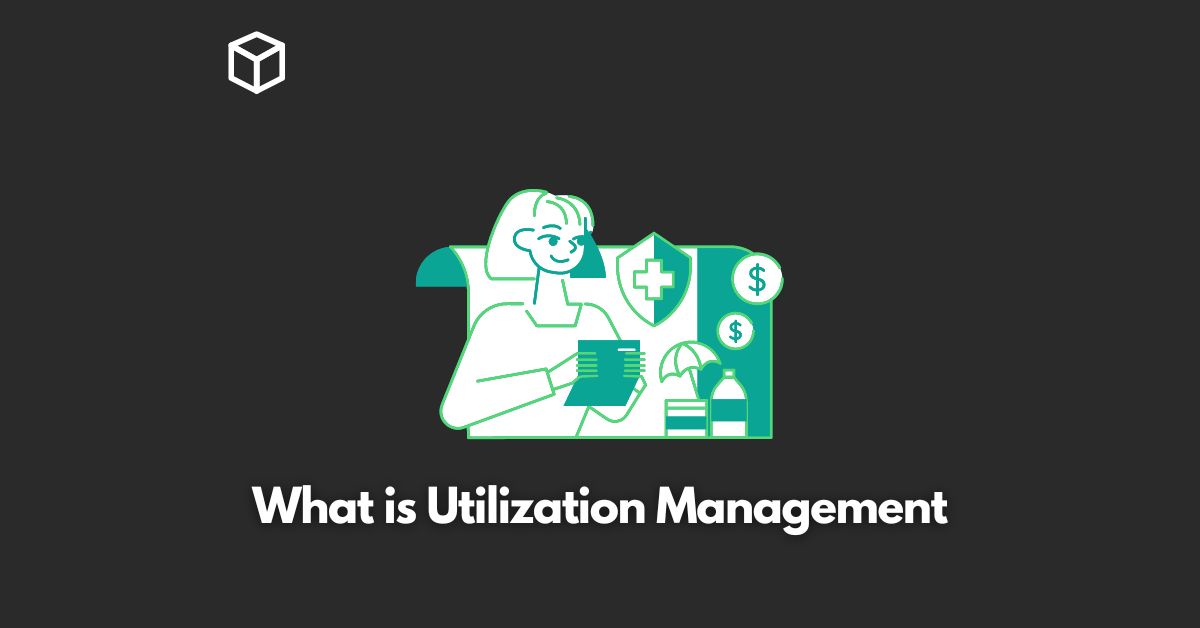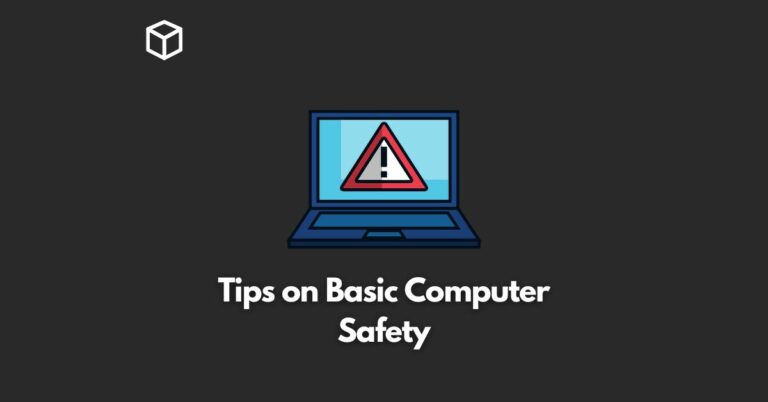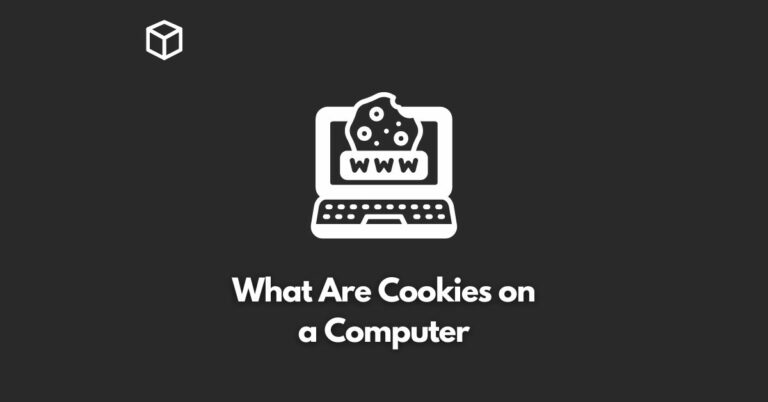Utilization management is a process that healthcare payers, such as insurance companies and government programs like Medicaid and Medicare, use to review and authorize healthcare services before they are provided to patients.
The goal of utilization management is to ensure that patients receive appropriate and necessary care while also controlling costs.
In this article, we will delve deeper into the subject of utilization management, including how it is used in healthcare, the benefits and challenges of the process, and potential future developments.
Utilization management in healthcare
Healthcare payers use utilization management to review and authorize healthcare services before they are provided to patients.
This includes services such as hospital stays, diagnostic tests, and other treatments.
The utilization management process is designed to ensure that patients receive appropriate and necessary care while also controlling costs.
The healthcare payers review the service requested and ensure that it is medically necessary and that the service is being provided in the most cost-effective way possible.
The benefits of utilization management
Utilization management has several benefits for patients, healthcare payers, and the healthcare system as a whole.
One of the main benefits is that it ensures that patients receive appropriate and necessary care.
This helps to prevent overuse of medical services and unnecessary spending.
Utilization management also helps to control healthcare costs by identifying and preventing fraud and abuse.
Additionally, utilization management can improve overall healthcare outcomes by ensuring that patients receive the most appropriate care for their condition.
The challenges of utilization management
Despite its benefits, utilization management also has its challenges.
One of the main challenges is the potential for delays in care.
The utilization management process can add an extra step to the healthcare process, which can lead to delays in treatment.
Additionally, utilization management can be limited in flexibility in certain situations.
For example, in emergency situations, the utilization management process may not be able to provide the necessary level of flexibility to ensure that patients receive the care they need.
Another challenge is the impact on physician autonomy.
The utilization management process can be viewed as a restriction on physician autonomy, as it may limit the options available to physicians to provide care to their patients.
Conclusion
In conclusion, utilization management is an important process that healthcare payers use to review and authorize healthcare services.
The goal of utilization management is to ensure that patients receive appropriate and necessary care while also controlling costs.
Utilization management has several benefits, including ensuring appropriate care for patients, controlling healthcare costs, and improving overall healthcare outcomes.
However, utilization management also has its challenges, including the potential for delays in care, limited flexibility in certain situations, and impact on physician autonomy.
Reference
- “Utilization Management: The Pros and Cons” (https://www.healthcarefinancenews.com/news/utilization-management-pros-and-cons) Healthcare Finance News




